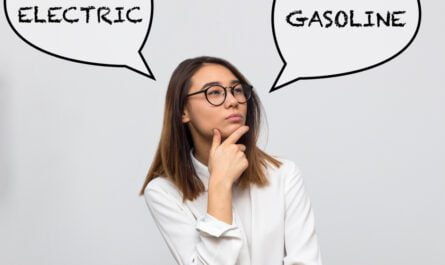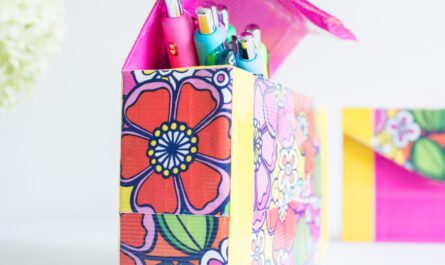In an increasingly digital world, the practice of exchanging group cards stands as a powerful testament to the enduring value of shared sentiments. Group cards provide a tangible and heartfelt way for multiple individuals to come together and express their collective emotions, creating a profound impact on both the sender and the recipient. This article explores the significance of group cards and delves into the transformative power of shared sentiments.
Amplifying the Emotional Impact:
Group cards have a unique ability to amplify the emotional impact of well-wishes. When multiple individuals contribute their sentiments to a single card, it creates a collective voice that resonates deeply with the recipient. The combined expressions of love, support, and encouragement evoke a powerful emotional response, making the recipient feel cherished and valued. The sheer volume of shared sentiments magnifies their impact, leaving a lasting impression on the recipient.
Validation and Affirmation:
The power of shared sentiments lies in their ability to validate and affirm the recipient’s experiences, emotions, and achievements. Each message within a group card adds to a chorus of voices that acknowledge and celebrate the recipient’s journey. The collective well-wishes affirm the recipient’s worth, accomplishments, and the significance of their presence in the lives of others. This validation fosters a sense of self-worth and boosts the recipient’s confidence.
Building a Sense of Community:
Group cards serve as a tangible representation of a supportive community. By coming together to create a card, individuals demonstrate their unity and solidarity with the recipient. The act of participating in a shared expression of well-wishes strengthens the sense of community and belonging. It reinforces the idea that the recipient is surrounded by a network of caring individuals who share a common bond or connection. Group cards contribute to building a strong support system and nurturing a sense of belonging.
Strengthening Relationships:
Sending a group card is not only an act of expressing sentiments but also a catalyst for strengthening relationships. The collaborative effort involved in creating a group card fosters a sense of camaraderie and togetherness among the participants. It encourages open communication, empathy, and understanding. The shared experience of crafting the card deepens the bond between the sender and the recipient, as well as among the contributors themselves. Group cards provide a platform for building and nurturing meaningful relationships.
Creating Lasting Memories:
Group cards hold the power to create lasting memories for both the sender and the recipient. The act of receiving a card filled with shared sentiments becomes a cherished keepsake that can be revisited over time. The messages and signatures within the card serve as a reminder of the relationships, connections, and milestones celebrated together. Group cards become mementos that tell stories, evoke nostalgia, and preserve the memories of shared experiences.
Expressing Complex Emotions:
Certain occasions may call for the expression of complex emotions such as sympathy, empathy, or gratitude. Group cards offer a safe and empathetic space for individuals to articulate these feelings collectively. By sharing sentiments within a group card, individuals can draw strength from one another, find solace in shared experiences, and navigate complex emotions together. The power of shared sentiments lies in the ability to provide comfort, understanding, and a sense of unity during challenging times.
Honoring Traditions and Cultures:
Group cards often hold cultural or traditional significance within specific communities. They become a means of honoring customs, rituals, and celebrations that have been passed down through generations. By participating in the creation and exchange of group cards, individuals pay homage to their heritage and strengthen cultural connections. Group cards serve as a bridge between the past and the present, preserving traditions and fostering a sense of cultural identity.
Also Check Farewell Cards Online
Unity in Diversity:
Group cards have the ability to bring together diverse perspectives, backgrounds, and experiences. When individuals come together to contribute their sentiments, it showcases the strength of unity in diversity. The variety of messages and signatures within the card reflects the richness of relationships and the collective support from people with different viewpoints. This diversity enhances the depth and impact of the shared sentiments, fostering understanding and appreciation among the participants.
Empowering the Sender:
The act of contributing to a group card can be empowering for the sender. It provides an opportunity for individuals to express their feelings and thoughts in a supportive and collaborative setting. The act of sharing sentiments in a group card allows the sender to feel heard and valued, and it can boost their own emotional well-being. It reinforces the idea that their voice matters and that their contributions have a meaningful impact on others.
Conclusion:
Group cards have an undeniable power to evoke strong emotions, validate experiences, build communities, create lasting memories, and honor traditions. These heartfelt expressions of shared sentiments transcend digital communication and offer a tangible reminder of the depth of human connection. In a world often characterized by distance and detachment, the practice of exchanging group cards stands as a timeless testament to the transformative power of collective well-wishes and the enduring value of shared sentiments.
VISIT TO :Modernizing Farewell Cards for Colleagues in the Digital Age







